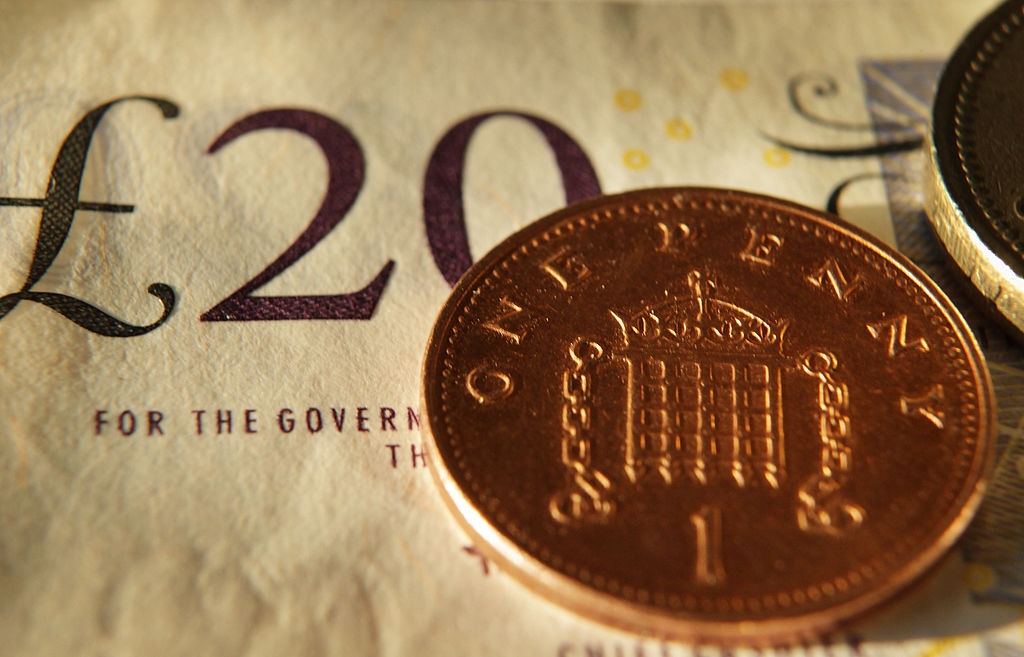It is three months since the former chancellor Philip Hammond backtracked and announced that the government would not, after all, abolish pennies and two pences. But then comes the news that the Royal Mint has produced no new one pence and two pence coins for the past 12 months. So much for official policy – it seems that behind the scenes, Treasury officials are quietly getting on with the business of enacting the abolition of cash regardless.
True, there is a case for saying that the real value of a penny has been so eroded by inflation that it no longer serves any useful purpose – a penny in 1971, when decimalisation occurred, was worth the equivalent of 14 pence now. Yet at the same time as proposing to abolish pennies because they were worth too little, Hammond was proposing to abolish £50 notes on the grounds they were worth too much, and are only really used by money-launderers. Inflation in this case, of course, has worked in the other direction – it is making the reprieved £50 note ever more relevant to the needs of everyday life. A £50 note now is worth less than a fiver was in the early 1970s.
The Royal Mint says it has only stopped producing one and two pence pieces temporarily because there are already enough in circulation. But for a real explanation of what is going on you need to look at a paper produced by the consultants McKinsey and Company in 2013, advising governments on how they should proceed with the abolition of physical cash. They should not attempt to do it in one go, it advised, but by stealth, so that the public wasn’t really aware of what was going on.
The first phase of its suggested ‘long-term plan for discouraging cash use’ it termed the ‘war on cash’ – in which the use of notes and coins should be made difficult in a multitude of ways which individually seem trivial but which add up to a sustained campaign. You can see it everywhere: in parking meters which refuse to take coins and can only be paid-for via mobile phones, the Dartford Crossing, which must now be paid-for online. Phasing out individual notes and coins in order to make it ever more difficult to conduct everyday transactions, is part of the process.
Governments and central banks want to abolish cash because they think it will increase tax revenues by making tax evasion more difficult (judging by the inability of authorities to tackle crime involving online transfers they are going to struggle with this somewhat) and because they would dearly love to impose negative interest rates on us in order to stimulate economies which have become over-reliant on debt. They know, however, that negative interest rates will be impossible while cash is in circulation because many of us would withdraw our savings and keep them under the mattress rather than have them eaten away in the bank.
David Cameron very nearly announced a policy of abolishing cash in his conference speech in 2015, but pulled back when George Osborne warned him that the public had an emotional attachment to cash and would not take kindly to such a policy. Perhaps the Treasury should take note.
Ross Clark is the author of War Against Cash: the plot to empty your wallet and own you financial future – and why you must fight it







Comments